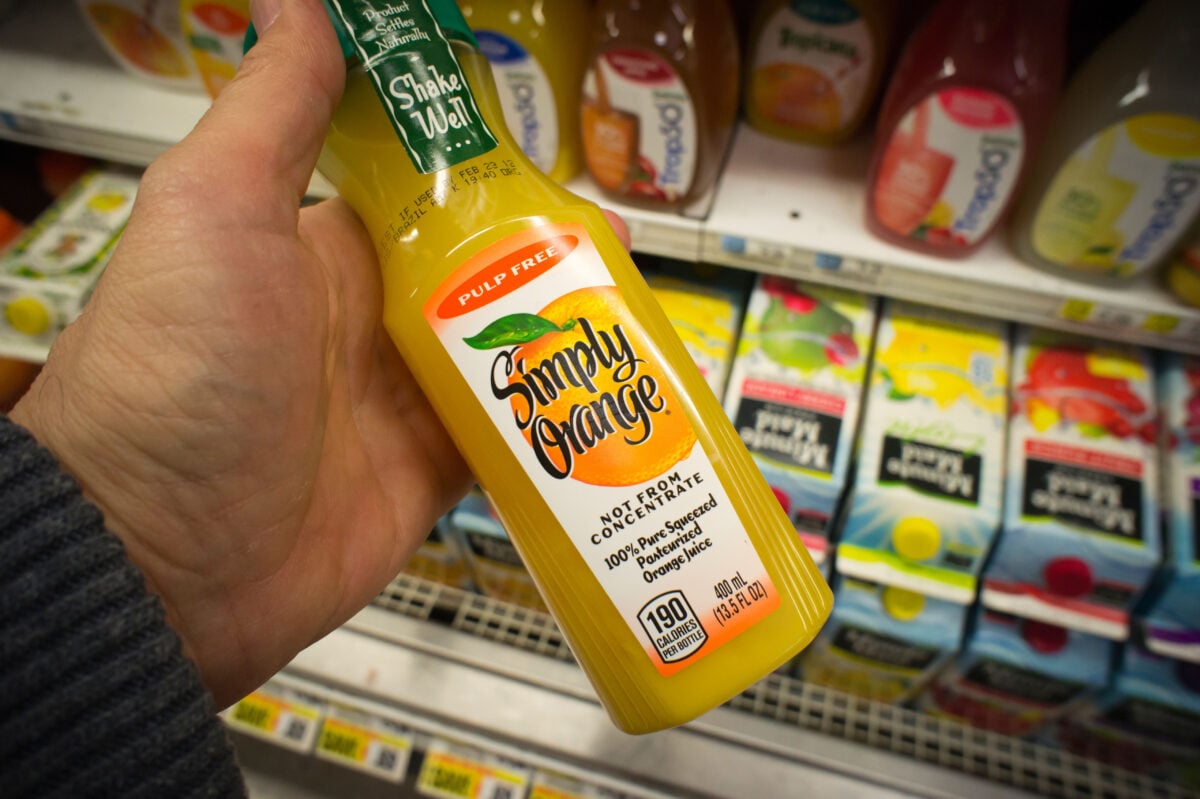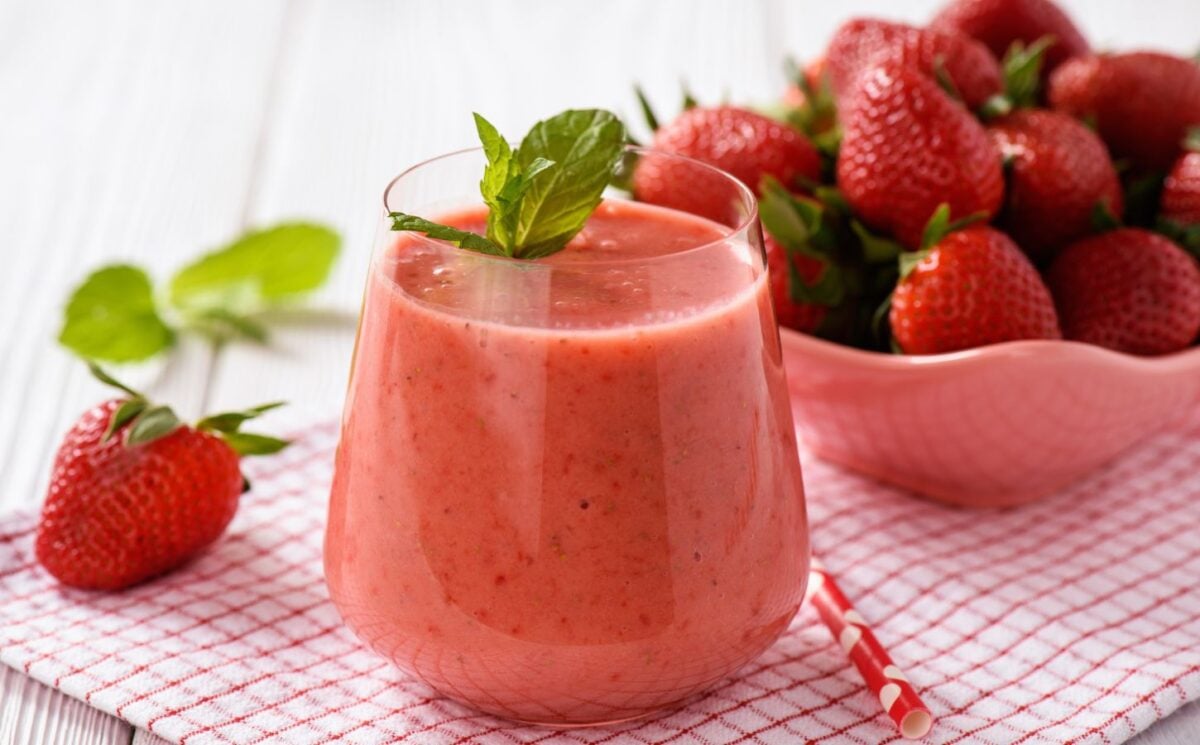Many people believe that pasteurizing fruit juice diminishes its nutritional value. But a new study shows that vitamins in fruit juice are mostly unchanged by pasteurization and the content of some may even increase.
Read more: Eating More Fruit And Veg ‘Equivalent To Walking 4,000 Extra Steps A Day’
Fruit juice is often pasteurized, meaning treated with heat, to kill any pathogens it may contain. The study from a group of European researchers examines the vitamin retention in strawberry juice treated using different pasteurization processes. It compares conventional thermal processing (TT) to high-pressure processing (HP), pulse electric field (PF), and ohmic heating (OH). According to the study, fruit juice and beverage manufacturers have been faster to take up these new methods of pasteurization than other food sectors.
The researchers found HP and TT-treated samples of strawberry juice achieved the highest retention of B vitamins, while OH resulted in the least retention. Vitamina B2, or riboflavin, decreased by 34 percent after OH treatment. But B1 and B5 were not affected, and B1 increased by 18.1 percent after HP treatment.
Read more: How To Get Kids To Eat More Fruit And Vegetables, According To Research
Strawberry juice is high in vitamin C, or ascorbic acid. Content of vitamin C increased a huge 15-fold after TT treament, and 9-fold after OH. The researchers theorize this is because cells in the juice that burst under heat stress released more vitamin C.
Is unpasteurized juice safe?

Unpasteurized “raw” juice has become popular among health-conscious people who believe it offers better nutrition than pasteurized juice. Raw juice companies encourage this belief by claiming that heat used in pasteurization destroys vitamins.
The content of some vitamins in some fruit juices do reduce after pasteurization, such as in watermelon and mango juice. However, unpastuerized juice come with a risk, albeit a small one, of carrying bacteria that can make you sick. These include E. coli and salmonella. The US Food and Drug Administration advises that healthy people will likely recover from such food poisoning. However, pregnant people, children, and those with compromised immune systems can become very ill or even die from drinking unpasteurized juice.
Read more: What Is Batch Juicing? How The Nama Juicer Takes The Hassle Out Of Healthy Living






